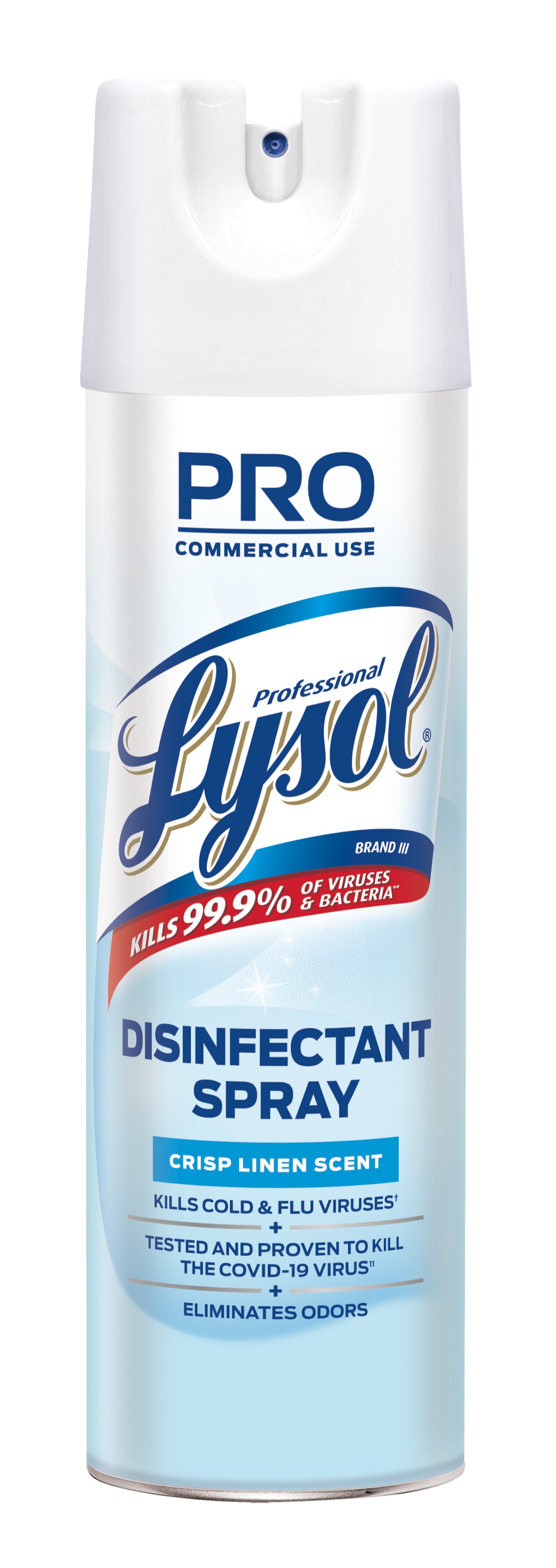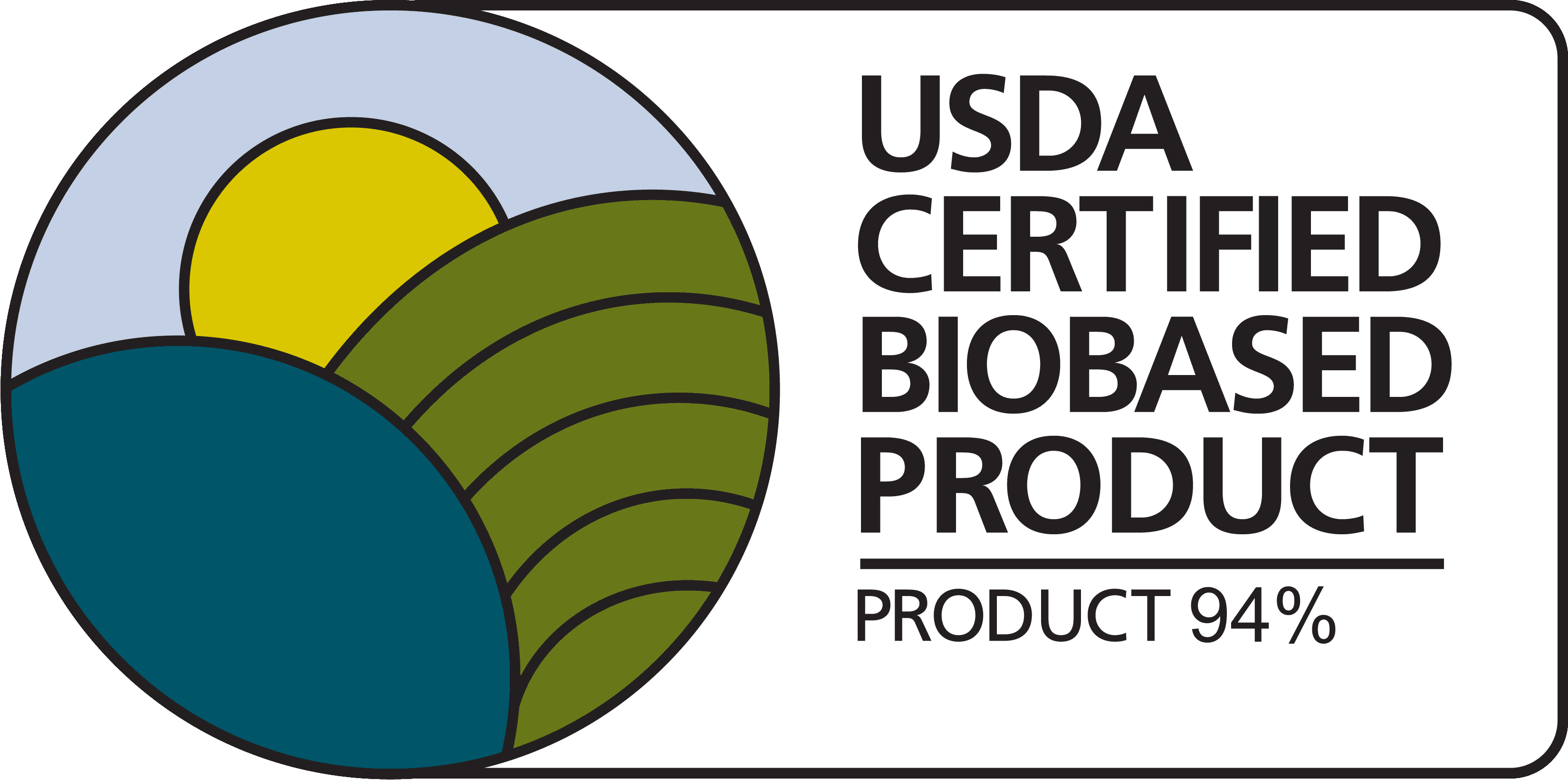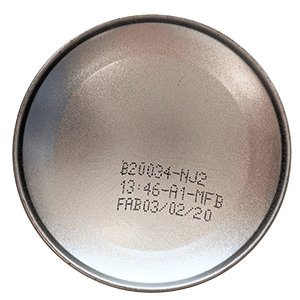|
DISINFECTS the following Organisms on hard, non-porous surfaces
|
Contact Time
|
|
Enveloped Viruses
|
|
|
Cytomegalovirus
|
30 seconds
|
|
Influenza A Virus (H1N1)
|
30 seconds
|
|
Influenza A Virus (H1N1) (A/Malaya/302/54)
|
30 seconds
|
|
Influenza A Virus (H3N2)
|
30 seconds
|
|
Influenza A Virus (H5N1)
|
30 seconds
|
|
Influenza A Virus (New Caledonia/20/99)
|
30 seconds
|
|
Influenza A Virus [2009 H1N1]
|
30 seconds
|
|
Influenza B Virus (Strain B/Hong Kong/5/72)
|
30 seconds
|
|
Influenza H7N9 (wildtype A/Anhui/1/2013)
|
2 minutes
|
|
Hantavirus
|
30 seconds
|
|
Hepatitis B Virus
|
30 seconds
|
|
Hepatitis C Virus (HCV)
|
30 seconds
|
|
Herpes Simplex Virus Type 1 and Type 2
|
30 seconds
|
|
Human Coronavirus
|
30 seconds
|
|
Human Immunodeficiency Virus Type 1 [HIV-1]
|
30 seconds
|
|
Newcastle Disease Virus
|
30 seconds
|
|
Respiratory Syncytial Virus (RSV)
|
30 seconds
|
|
SARS Coronavirus
|
30 seconds
|
|
SARS-CoV-2 (2019 Novel Coronavirus)
|
2 minutes
|
|
Vaccinia Virus
|
30 seconds
|
|
Non-Enveloped Viruses
|
|
|
Adenovirus 2
|
10 minutes
|
|
Adenovirus 14
|
3 minutes
|
|
Coxsackie Type B3 Virus
|
30 seconds
|
|
Echovirus Type 12
|
1 minute
|
|
Enterovirus Type 68
|
1 minute
|
|
Feline Calicivirus (Norovirus) (Stomach Flu)
|
10 minutes
|
|
Hepatitis A Virus
|
10 minutes
|
|
Poliovirus Type 1
|
1 minute
|
|
Rhinovirus Type 39 (Leading cause of common cold)
|
30 seconds
|
|
Rotavirus WA
|
30 seconds
|
|
Gram-Negative Bacteria
|
|
|
Acinetobacter baumannii
|
10 minutes
|
|
Acinetobacter baumannii MDR
|
2 minutes
|
|
Acinetobacter calcoaceticus
|
2 minutes
|
|
Acinetobacter haemolyticus
|
2 minutes
|
|
Bordetella avium
|
3 minutes
|
|
Bordetella pertussis
|
2 minutes
|
|
Burkholderia cepacia
|
2 minutes
|
|
Campylobacter jejuni
|
30 seconds
|
|
Citrobacter freundii
|
2 minutes
|
|
Cronobacter sakazakii
|
2 minutes
|
|
Enterobacter aerogenes MDR
|
2 minutes
|
|
Enterobacter cloacae
|
2 minutes
|
|
Escherichia coli
|
2 minutes
|
|
Escherichia coli O104:H21
|
2 minutes
|
|
Escherichia coli O111:H8
|
2 minutes
|
|
Escherichia coli O157:H7 (E. coli) (Food poisoning)
|
2 minutes
|
|
Escherichia coli O45:K-H-
|
2 minutes
|
|
Escherichia coli ESBL
|
2 minutes
|
|
Haemophilus influenzae
|
2 minutes
|
|
Klebsiella oxytoca
|
2 minutes
|
|
Klebsiella pneumoniae
|
2 minutes
|
|
Klebsiella pneumoniae Carbapenem resistant
|
2 minutes
|
|
Klebsiella pneumoniae ESBL
|
2 minutes
|
|
Klebsiella pneumoniae NDM-1 positive
|
2 minutes
|
|
Neisseria elongata
|
2 minutes
|
|
Pasteurella multocida
|
2 minutes
|
|
Proteus mirabilis
|
2 minutes
|
|
Proteus vulgaris
|
2 minutes
|
|
Pseudomonas aeruginosa
|
2 minutes
|
|
Pseudomonas putida
|
2 minutes
|
|
Salmonella enterica (Food poisoning)
|
2 minutes
|
|
Salmonella enterica serovar enteritidis
|
2 minutes
|
|
Salmonella enterica serovar paratyphi
|
2 minutes
|
|
Salmonella enterica serovar paratyphi B
|
10 minutes
|
|
Salmonella enterica serovar typhi
|
2 minutes
|
|
Salmonella enteritidis
|
2 minutes
|
|
Serratia marcescens
|
2 minutes
|
|
Shigella dysenteriae
|
2 minutes
|
|
Shigella flexneri
|
2 minutes
|
|
Shigella sonnei
|
2 minutes
|
|
Vibrio cholerae
|
2 minutes
|
|
Yersinia enterocolitica
|
2 minutes
|
|
Gram-Positive Bacteria
|
|
|
Corynebacterium diphtheriae
|
2 minutes
|
|
Corynebacterium xerosis
|
2 minutes
|
|
Enterococcus faecalis
|
2 minutes
|
|
Enterococcus faecalis - Vancomycin Resistant (VRE)
|
2 minutes
|
|
Enterococcus faecium VRE + MDR
|
2 minutes
|
|
Listeria monocytogenes
|
10 minutes
|
|
Micrococcus luteus
|
2 minutes
|
|
Mycobacterium bovis BCG [Quant tuberculosis]
|
10 minutes
|
|
Staphylococcus aureus
|
2 minutes
|
|
Staphylococcus aureus - CA-MRSA USA-300
|
2 minutes
|
|
Staphylococcus aureus - CA-MRSA USA-400
|
2 minutes
|
|
Staphylococcus aureus - Methicillin resistant (HA-MRSA)
|
2 minutes
|
|
Staphylococcus epidermidis
|
2 minutes
|
|
Staphylococcus haemolyticus
|
2 minutes
|
|
Staphylococcus hominis
|
2 minutes
|
|
Staphylococcus saprophyticus
|
2 minutes
|
|
Streptococcus agalactiae
|
2 minutes
|
|
Streptococcus pneumoniae PRSP
|
2 minutes
|
|
Streptococcus pyogenes (Strep)
|
2 minutes
|
|
Streptococcus salivarius (Pink eye)
|
2 minutes
|
|
Fungi
|
|
|
Alternaria alternata
|
3 minutes
|
|
Aspergillus niger
|
3 minutes
|
|
Candida albicans
|
2 minutes
|
|
Candida parapsilosis
|
2 minutes
|
|
Fusarium solani
|
10 minutes
|
|
Penicillium chrysogenum
|
3 minutes
|
|
Trichophyton interdigitale (Athlete's Foot Fungus)
|
2 minutes
|
|
DISINFECTS the following Organisms on soft surfaces
|
Contact Time
|
|
Enveloped Viruses
|
|
|
Influenza A Virus (H1N1)
|
10 minutes
|
|
Non-Enveloped Viruses
|
|
|
Rhinovirus Type 39 (Leading cause of common cold)
|
10 minutes
|
|
Gram-Negative Bacteria
|
|
|
Pseudomonas aeruginosa
|
9.5 minutes
|
|
Salmonella enterica (Food poisoning)
|
9.5 minutes
|
|
Gram-Positive Bacteria
|
|
|
Staphylococcus aureus
|
9.5 minutes
|
|
Fungi
|
|
|
Trichophyton interdigitale
|
9.5 minutes
|
|
SANITIZES the following Organisms on hard, non-porous surfaces
|
Contact Time
|
|
Gram-Negative Bacteria
|
|
|
Enterobacter aerogenes
|
10 seconds
|
|
Gram-Positive Bacteria
|
|
|
Staphylococcus aureus
|
10 seconds
|
|
SANITIZES the following Organisms on soft surfaces
|
Contact Time
|
|
Gram-Negative Bacteria
|
|
|
Klebsiella pneumoniae
|
30 seconds
|
|
Pseudomonas aeruginosa
|
30 seconds
|
|
Gram-Positive Bacteria
|
|
|
Staphylococcus aureus
|
30 seconds
|



